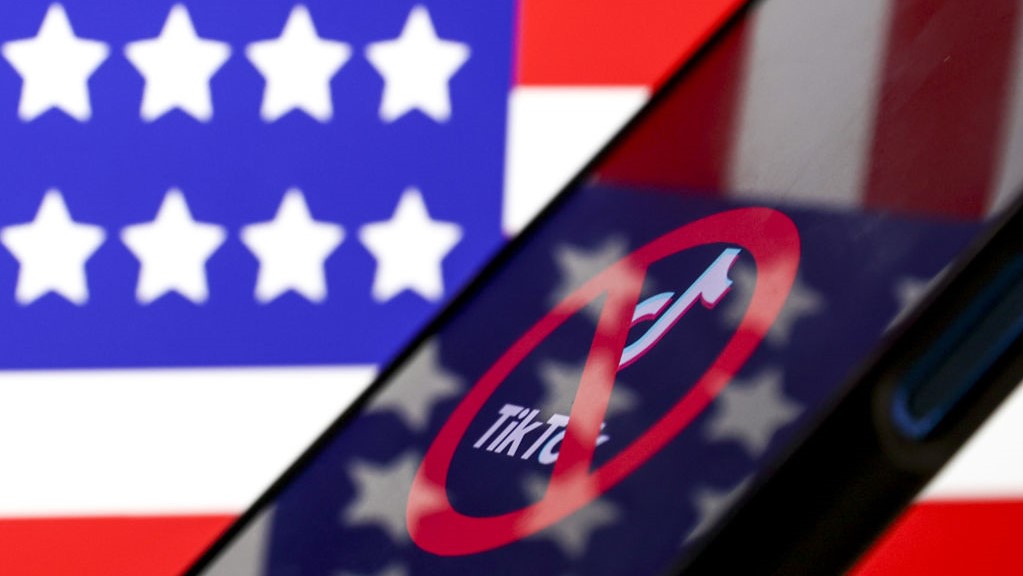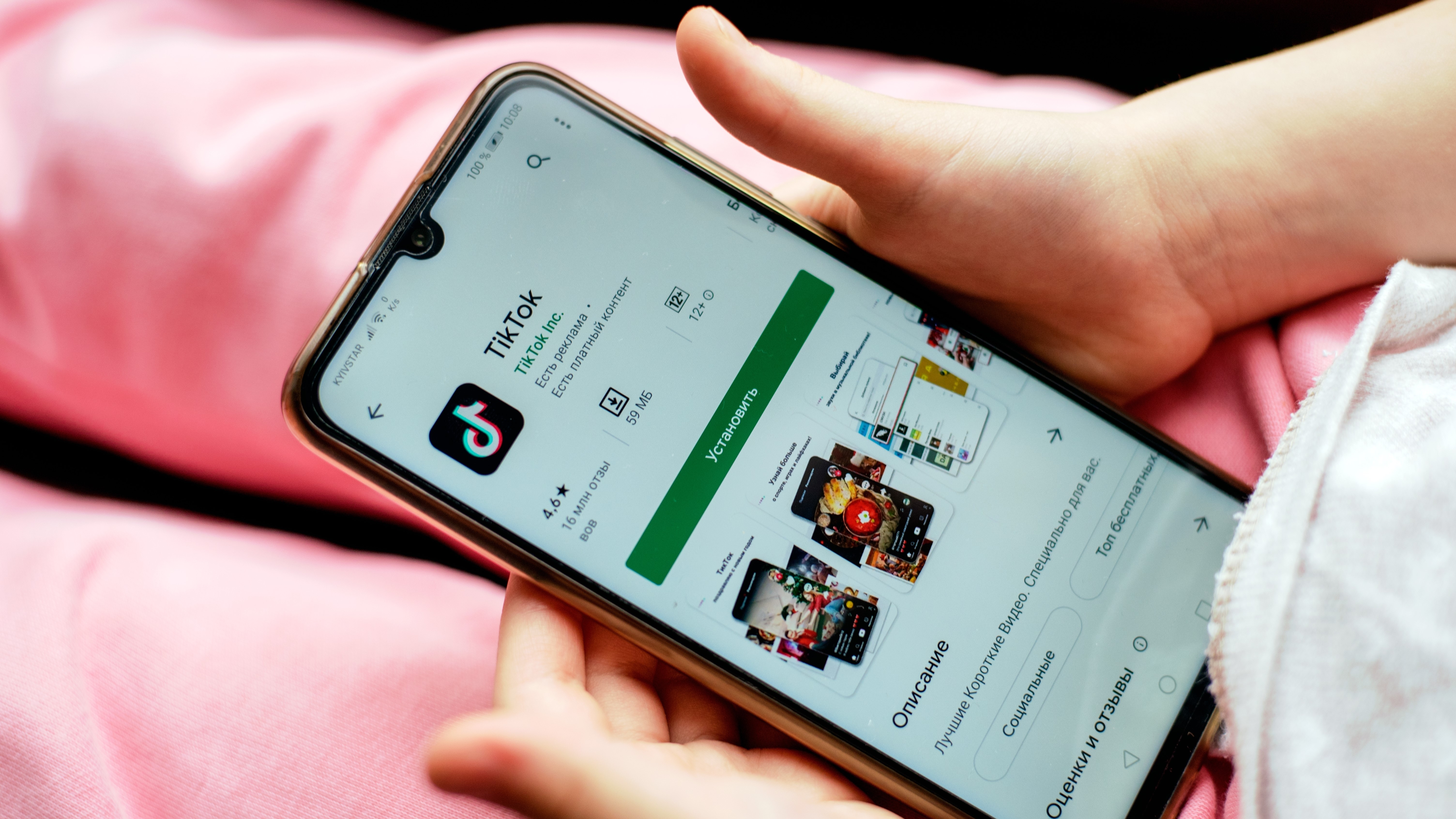
As US policy makers vote on a new proposed law, a TikTok ban might soon impose itself on American users.
However, TikTok is only one side of the story. The so-called RESTRICT Act seeks, in fact, to create a process to review and restrict foreign information communication technologies when these threaten national security.
With security issues around the Chinese-owned video sharing app being center stage of this year's political agenda, TikTok is very likely to be the first platform to fall if the bill becomes law. Here's some scenarios of how the Act might be implemented and possible way arounds like VPN services.
1. Forced sale
"The Restrict Act doesn’t really specify what the mitigation measures are. So, we don't know exactly what it would do," David Greene, Civil Liberties Director at the Electronic Frontier Foundation (EFF), told TechRadar.
One of the issues that experts have been pointing out about the bill is, in fact, its vague and broad language—in this case, it refers to mitigation measures against dangerous tech without explaining which these measures might be.
According to Greene, we can guess the most likely scenario looking back at previous similar moves. "What's happened in the past is a forced sale or forced divestiture," he said.
This is exactly what happened with the popular gay dating app Grindr in 2020, when Beijing-based Kunlun Tech Co Ltd sold it to US companies after the White House raised concerns over its ownership.
A forced sale is also what the government has been pushing for even before the RESTRICT Act was in the picture. However, according to the TikTok CEO, "a change in ownership would not impose any new restrictions on data flows or access."
The question now is, would ByteDance ever agree to comply with such a decision?
2. App store block
Another very likely scenario is for the US government to order app stores to completely remove TikTok from their platforms.
"That wouldn't necessarily mean it doesn't exist in the US," explained Greene.
People who have already downloaded the app on their smartphones will still be able to use it, for example. New users could install TikTok from side-door websites or unofficial app stores, too. Americans could also use virtual private network software to spoof their IP address location and appear as if they are in another country where the app isn't banned.

Experts warn that such a move would de-facto put user data at major risk. That's mainly because they won't be able to update their app and fix security bugs. Also, side-door installations are more dangerous as these unofficial platforms can infect people's devices with some malware.
"I think it's concerning for those who actually care about data security," said Greene.
Another possible route could make all these efforts to bypass the block null, though. As the BBC reported, Apple and Google could also agree to "send updates to US devices which specifically stop the TikTok app from working altogether."
3. ISP block
Another potential way the RESTRICT Act could limit TikTok's operations in the US comes from overseas. In India, the only democracy where TikTok has been banned on national security grounds, and has been since 2020, internet service providers (ISPs) were forced to block the app inside the country borders.
According to the Deputy Director of Center for Democracy & Technology (CDT)'s Free Expression Project Caitlin Vogus, actually making TikTok illegal in the US could also open "the door to other types of censorial filtering at the ISP level."
Another possibility would be to order TikTok to block US accounts. However, it's quite unlikely that ByteDance would agree to this.
In both scenarios, using a TikTok VPN will be an easy way to go around the block. However, in its current form, using a VPN might not be a viable option under the RESTRICT Act.
"Troublingly, the way the RESTRICT Act is currently written, VPNs or VPN users could face criminal penalties for circumventing a TikTok ban," Vogus told TechRadar.
The section 11 of the Act gives the Commerce Department broad authority to impose penalties up to 20 years of jail time for evading mitigation measures. This has raised the alarm across users, experts and VPN providers.
The #RESTRICTAct is not simply a #TikTok ban. The law would give the US govt sweeping control over what Americans can access online. Chinese apps do pose a threat, but RESTRICT needs language to prevent unintended consequences for Internet freedom. Here's our take:… pic.twitter.com/dWHttUtoMIApril 18, 2023
Even though Senator Warner has said that the bill is not intended to apply to individual internet users, experts are worried that the bill's vague language could open up to abuses and different interpretations.
Both Greene and Vogus also believe that, despite the need to protect American user data from foreign adversaries, the proposed legislation isn't the way to go.
Vogus said: "Congress should protect Americans’ data and national security by passing comprehensive federal privacy legislation like the American Data Privacy Protection Act. A lack of comprehensive federal privacy legislation means that TikTok and other services have significant leeway to collect and share Americans’ personal data."







